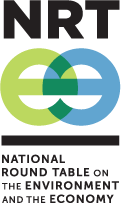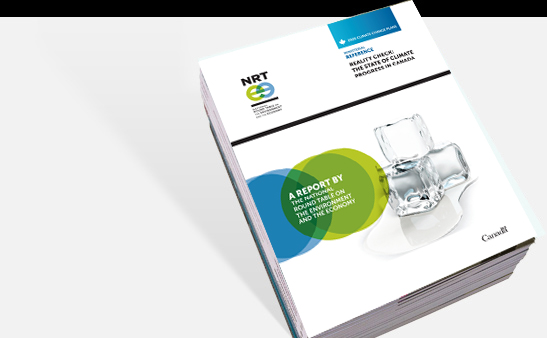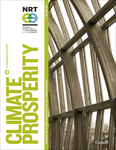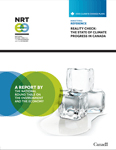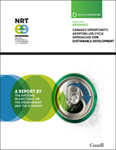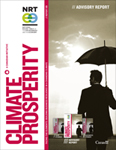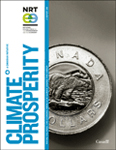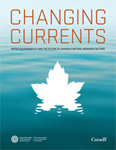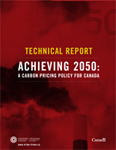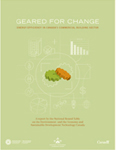Section 5 – Moving to Action: NRT National Water Forum Report
TOP RECOMMENDATIONS
Of the original 18 NRT recommendations in Charting a Course, participants identified seven as being of top priority:
WATER FORECASTING
- Recognizing that accurate water forecasting requires improving how and what we measure and report water-quantity data, governments and industry should work collaboratively to develop appropriate measurement and reporting requirements on a sector-by-sector and basin-to-basin basis.
- Governments should develop new predictive tools, such as water forecasting, to improve their understanding of where and when water demands might increase. The information provided by forecasts will be important to inform water allocations and management strategies in the future.
- The federal, provincial, and territorial governments should collaborate in the development and publication of a national water-use forecast and water-use forecasts for major basins, updated on a regular basis — a Water Outlook — the first to be published within two years. This could be led by a national organization such as the Canadian Council of Ministers of the Environment.
WATER DATA AND INFORMATION
In collaboration with partners and stakeholders, governments at all levels should develop protocols for transparent access to water data. Provinces and territories should continue establishing their own water-data portals. The federal government should develop a national web-based water portal in collaboration with the provinces and territories, which also provides access to provincial and territorial water portals.
WATER PRICING
- Estimate the value of water.
- Develop the capacity to price water and anticipate impacts.
COLLABORATIVE WATER GOVERNANCE
A coalition of the Council of the Federation, the Federation of Canadian Municipalities, the Assembly of First Nations, and the resource sectors, with the support of the Government of Canada, should develop a charter that affirms the legitimacy of collaborative water governance. This charter should articulate the guiding principles that coalition members will adopt in developing their own regional, provincial/territorial, or local structures, including roles, responsibilities, accountabilities, mechanisms for enabling participation, and integration with other planning processes and policies.
